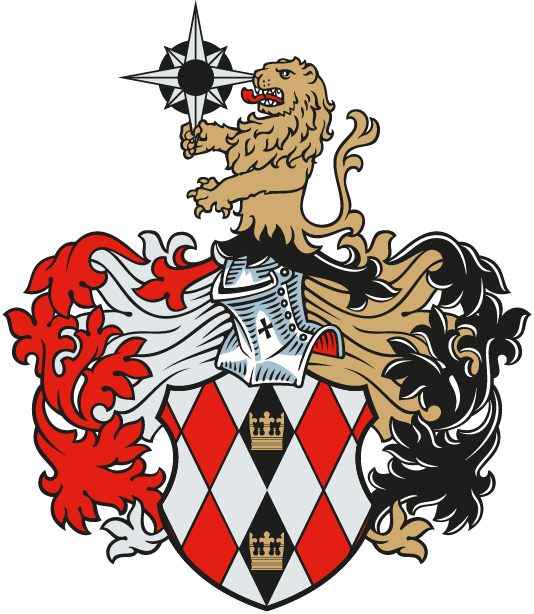

In a bold leap into the future, the UAE has launched a state-of-the-art artificial intelligence platform, positioning itself as a global leader in AI development and governance. Backed by President Sheikh Mohamed, the initiative is designed to accelerate innovation, attract global talent, and integrate AI across key sectors including healthcare, energy, and education. The platform, called 'AI71', offers unprecedented access for researchers and startups, while ensuring ethical use and local data sovereignty.
The desert morning was quiet, but inside the glass-and-steel atrium of Abu Dhabi’s newest government tech hub, the air crackled with anticipation. Engineers, diplomats, and entrepreneurs from around the globe leaned forward as a high-definition screen burst to life—revealing not a product, but a promise: AI71. The UAE’s bold new artificial intelligence platform had just been unveiled, and the room erupted in applause.
President Sheikh Mohamed bin Zayed Al Nahyan had given his official endorsement just minutes earlier. His message was clear: the UAE is not just participating in the AI race—it’s aiming to lead it.
AI71, named after the year the UAE was founded, is more than a tech initiative. It’s a national platform designed to be a magnet for the world’s top AI minds, and a sandbox for innovation that respects data privacy and sovereign control. It allows researchers and companies to build, test, and deploy AI models using locally stored data, all while complying with ethical guidelines set by the UAE’s AI Office.
“We’re not just using AI, we’re shaping it,” said Dr. Sultan Al Jaber, one of the key architects of the project. “This platform gives us the tools to innovate responsibly—and to invite the world to do the same, right here in the UAE.”
AI71 isn’t just symbolic. It’s already operational. The platform provides access to high-performance computing clusters and AI training environments. What sets it apart is its open, regulated environment that enables cross-border collaboration with strict adherence to ethical principles. That means researchers in Germany, startups in Singapore, and universities in the US can build AI models using UAE infrastructure—without compromising on data ethics or control.
“It’s a dream setup,” said Sofia, a machine learning engineer from Stockholm who recently relocated to Abu Dhabi. “I can work on cutting-edge models, and I know the data is secure and the infrastructure is top-tier.”
AI71 is also deeply tied to the UAE’s national strategies in energy, education, and healthcare. From predicting energy demand spikes to helping doctors detect rare diseases faster, the applications are vast and already underway.
But perhaps the most visionary aspect is the UAE’s handling of data. Unlike many global platforms that harvest and sell user data, AI71 is built on a framework of data sovereignty. All data used on the platform is stored within UAE borders, and access is tightly controlled. This positions AI71 as a secure alternative to cloud-based systems run by tech giants.
It also makes the UAE an attractive destination for companies and governments seeking to develop AI within a trustworthy framework. “We’ve created a new standard,” said Saif Al Mazrouei, head of AI Integration at the UAE’s Digital Government office. “Here, innovation doesn’t come at the cost of privacy.”
And the economic stakes are enormous. AI is projected to contribute over $13 trillion to the global economy by 2030. The UAE wants a significant slice of that pie—and AI71 is its golden fork.
The launch of AI71 is not just a technological milestone—it’s a signal flare for investors, particularly in real estate. As Abu Dhabi and Dubai position themselves as global AI hubs, demand for high-tech office spaces, innovation clusters, and residential units catering to digital talent is set to surge.
Tech startups, research labs, and global AI firms are already scouting for real estate in strategic zones such as Masdar City, Dubai Internet City, and the new AI Innovation Districts planned in both Emirates. This will drive:
Moreover, the UAE’s data sovereignty approach may attract international companies looking for secure, regulation-compliant infrastructure—bringing long-term tenants and corporate leases. Investors would be wise to monitor urban development plans tied to AI71, as they signal where the next real estate hotspots may emerge.
In short, AI71 is not just building code—it’s rewriting the map of where innovation, talent, and capital will concentrate in the UAE over the next decade.
